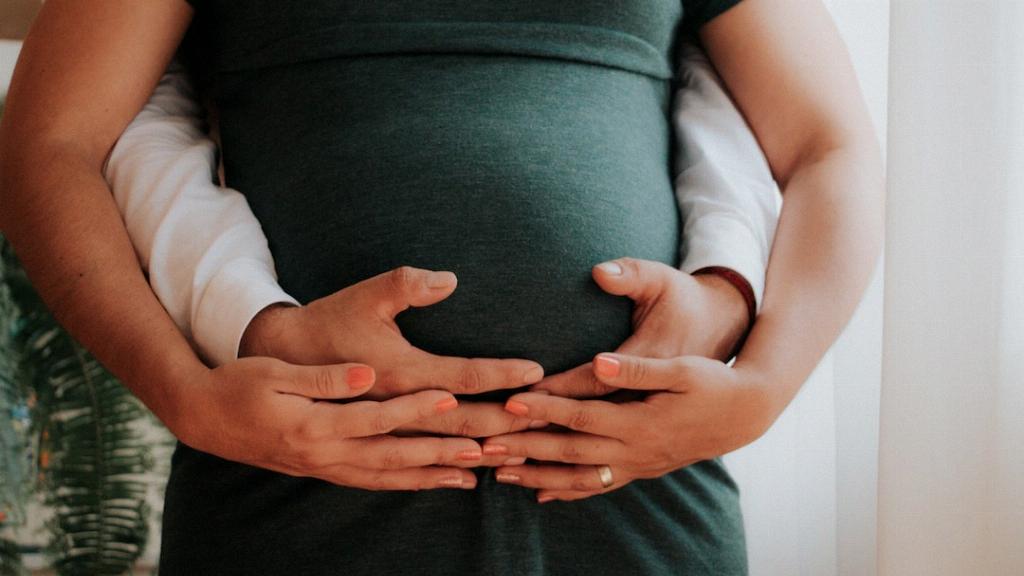When it comes to pregnancy and nutrition, many questions arise about what is safe and what should be avoided. One common query that often arises is whether it is safe to consume sesame seeds during pregnancy. Understanding the risks and benefits of including sesame seeds in your diet during this crucial time is essential for the health and well-being of both you and your baby.
Sesame seeds are a popular ingredient in many culinary dishes and are known for their nutty flavor and crunchy texture. However, when it comes to pregnancy, it’s important to exercise caution when consuming certain foods to prevent any potential risks to the developing fetus. Recent guidelines updated by Food Standards Australia New Zealand (FSANZ) have identified foods containing tahini, such as hummus dips, as high-risk foods for pregnant women due to the salmonella risk associated with sesame seeds.
Salmonella is a type of bacteria that can cause food poisoning and lead to various symptoms such as nausea, vomiting, diarrhea, and fever. Pregnant women are particularly vulnerable to foodborne illnesses due to changes in their immune system, making it crucial to avoid high-risk foods that may be contaminated with harmful bacteria like salmonella.
Although sesame seeds themselves are not associated with salmonella, the risk lies in products that contain sesame seeds, such as tahini. Tahini is a paste made from ground sesame seeds commonly used in Mediterranean and Middle Eastern cuisines. Since tahini-based products, like hummus dips, have been flagged as high-risk foods for pregnant women, it is advisable to exercise caution when consuming foods that may contain sesame seeds during pregnancy.
While sesame seeds are a good source of essential nutrients like iron, calcium, and magnesium, pregnant women should be mindful of the potential risks associated with consuming sesame seeds in products like tahini. It is always best to consult with your healthcare provider or a nutritionist to determine the best dietary choices for your individual needs during pregnancy.
Ensuring a well-balanced diet that includes a variety of nutrient-dense foods is key to supporting a healthy pregnancy. If you are a fan of sesame seeds or sesame-based products, you may want to explore alternative sources of essential nutrients to replace these foods in your diet during pregnancy.
Opting for foods that are low in salmonella risk, such as fruits, vegetables, whole grains, lean proteins, and pasteurized dairy products, can help reduce the chances of foodborne illnesses during pregnancy. It is also important to practice good food safety habits, such as washing fruits and vegetables thoroughly, cooking meat and poultry to the recommended internal temperatures, and avoiding unpasteurized dairy products.
Remember that every pregnancy is unique, and what works for one person may not necessarily be suitable for another. It’s essential to listen to your body, pay attention to any dietary restrictions or recommendations from your healthcare provider, and make informed choices that support your health and the well-being of your growing baby.
In conclusion, while sesame seeds themselves are not a salmonella risk, foods containing sesame-derived products like tahini have been flagged as high-risk for pregnant women. It is advisable to exercise caution and consider alternative sources of essential nutrients during pregnancy to ensure a healthy and safe dietary intake for you and your baby.

